Cheap "egg-holding" chickens with potential food safety risks are being sold widely on social media platforms - Facebook screenshot
Grasping the consumer psychology of preferring delicious, nutritious, and cheap food, many online businesses in many provinces and cities in the country, including Quang Tri province, have launched cheap "egg-holding" chicken products that attract many buyers.
The seller advertises the "egg-holding" chicken as: "The chicken lays 2 litters, the meat is moderately tough, the skin is crispy, and it is extremely delicious. Each chicken has a young egg in its belly, it is super delicious. The price is only 150,000 VND/chicken, cleaned, weighing from 1.4 to 1.6 kg" or "The fat, round, thick-chested chicken that is free-range, has a thick breast, and is priced from 55,000 VND/chicken, weighing from 1.2 to 1.4 kg, 65,000 VND/chicken, weighing from 1.4 to 1.6 kg, and 100,000 VND/chicken, weighing from 2 to 2.2 kg".
Many online sellers of “egg-holding” chickens are confident that their products are 100% fresh, the chickens are cleaned of feathers, and the hearts, livers, gizzards, and young eggs are kept intact. Some online sellers of “egg-holding” chickens even post product advertisements implying that the chickens are raised by their own people and are now being sold in limited quantities to appeal to the psychology and increase trust with consumers.
Chicken meat is valuable but "egg-holding" chickens are sold at very cheap prices, making many people suspicious.
Through research, it is known that cheap "egg-holding" chickens are actually "rejected chickens" because all their eggs have been exploited after being raised for a long time. This type of chicken is mostly a breed of super egg chickens, specialized in raising in cages, using industrial feed to lay eggs such as white Egyptian chickens, striped Egyptian chickens...
In addition, the market also has some discarded laying hens of the Ri breed, Luong Phuong chicken, and Ngai chicken but are raised industrially. According to the process, laying hens will be vaccinated with many types of vaccines, but when they start laying eggs, they must stop being vaccinated (except for two types of flu vaccine and Newcastle vaccine).
However, the long time of raising egg-laying hens means that antibiotics still accumulate in the meat. In addition, to prevent diseases in chickens and help them lay eggs effectively, large farms use many antibiotics and micronutrients to strengthen the ovaries. These antibiotics are not completely eliminated from the mother hen's body but gradually accumulate, causing danger to people who use this type of chicken as food.
Many large-scale chicken farms say that the growth process of industrial egg-laying chickens lasts 18 months, of which the reserve rearing stage lasts 5-6 months, and the remaining 12 months are for egg exploitation. After a period of egg exploitation, the egg-laying ability decreases, and when the farmer no longer makes a profit, he will sell the chickens to replace them with a new flock.
Many traders buy them back at low prices to sell them on the market under the label of “egg-holding” chickens. The discarded laying hens have been raised and exploited for eggs for a long time, and in addition, they have been injected, given a lot of antibiotics, growth stimulants, and fed industrial feed, so these chickens have characteristics of ragged feathers on the head, neck, breast, and tail, almost all of which have fallen out, lethargic eyes, pale combs, and drooping to one side.
In terms of nutritional value, the chickens that are discarded have almost no more, the fat content in the meat is high, eating too much leads to atherosclerosis. As for the substances that can still be deposited in the meat, if eaten in small amounts, there is no big impact on health, but if used continuously, there is still a potential concern.
"I used to eat this type of chicken and found that the quality of the meat, skin, and young eggs were not much different from chickens raised on rice and corn. But recently I have also doubted the quality and am concerned about my health, so I don't use it anymore. When needed, I always buy laying hens raised organically by people to use. Although the price is 2 - 2.5 times higher than discarded laying hens, it is safer and of better quality," said Ms. Nguyen Thi Thuy Van, in Ward 5, Dong Ha City.
Many documents show that, normally, in developed countries, discarded laying hens are used as animal feed, and are almost never used as human food. However, currently in many localities across the country, people still advertise cheap discarded laying hens for sale and many people still buy them for food. Many people choose cheap discarded laying hens as food because of their viewpoints and ways of thinking: many people buy them to eat, so what's the problem; if they were harmful to health, the authorities would have banned their sale...
Discussing the risk of food safety from super cheap "egg-holding" chickens sold on the market, Head of the Department of Economic Cooperation and Quality Management Hoang Minh Tri said: "Currently, food trading on cyberspace is quite common, causing certain difficulties for product quality management.
In the coming time, we will strengthen coordination with relevant units to continue to promote inspection, traceability of product origin, and food safety and hygiene conditions according to regulations.
At the same time, people are advised to choose products with clear origins and quality inspection at chain stores, supermarkets and markets; they should not buy or use products floating on the market, products with unknown origins, that have not been inspected and licensed to avoid the risk of harm to health.
Phu Hai
Source: https://baoquangtri.vn/can-trong-voi-ga-om-trung-gia-re-194682.htm



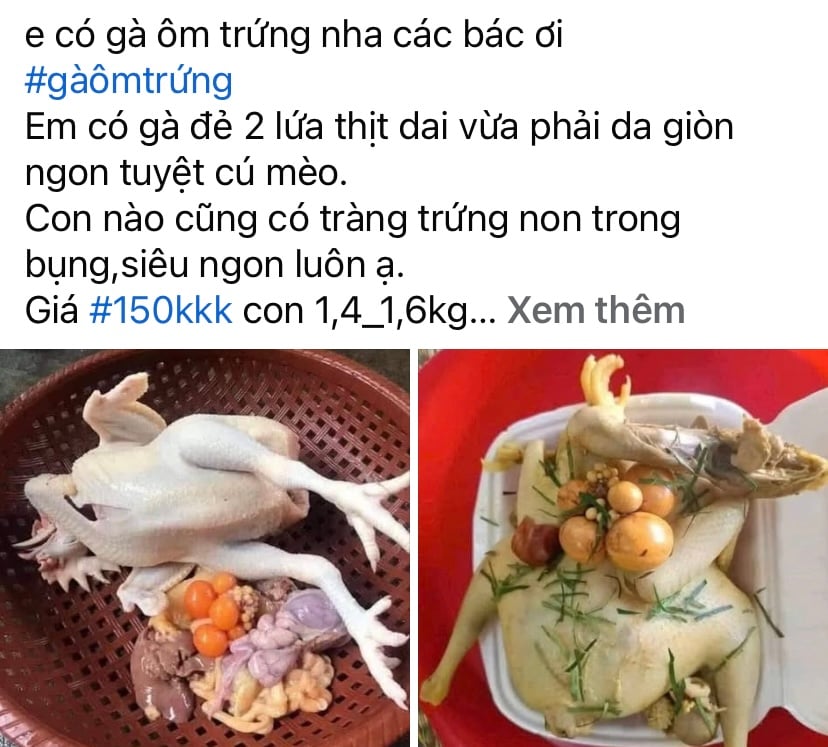
![[Photo] Hanoi: Authorities work hard to overcome the effects of heavy rain](https://vphoto.vietnam.vn/thumb/1200x675/vietnam/resource/IMAGE/2025/8/26/380f98ee36a34e62a9b7894b020112a8)

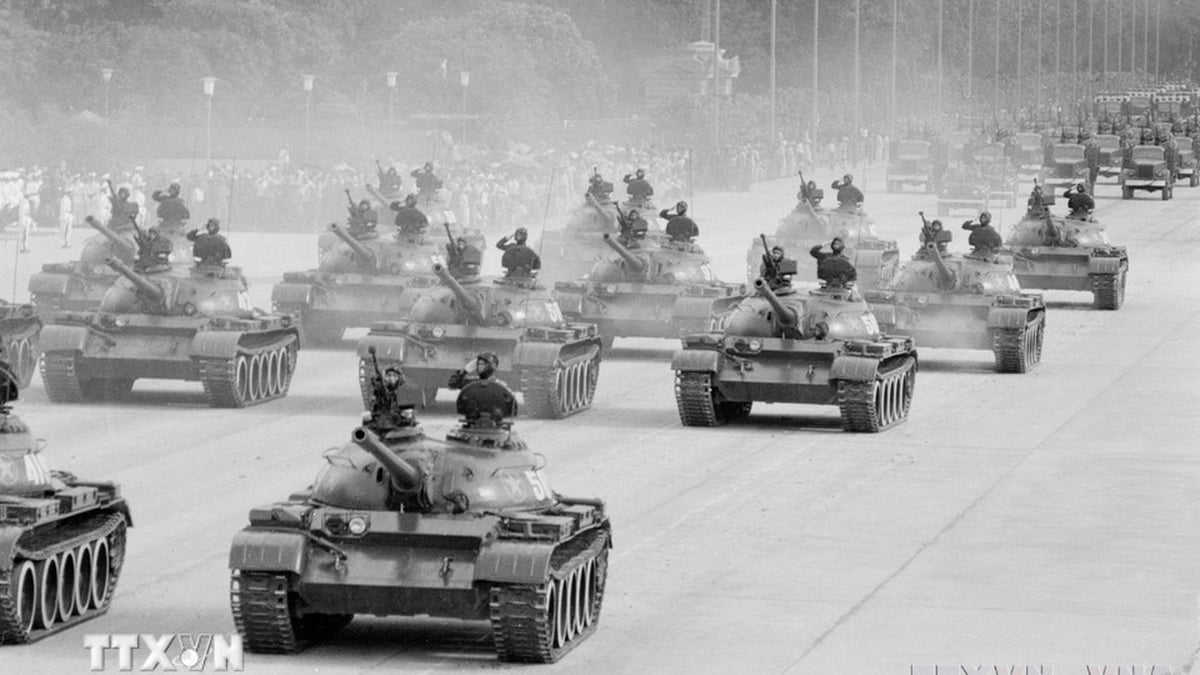

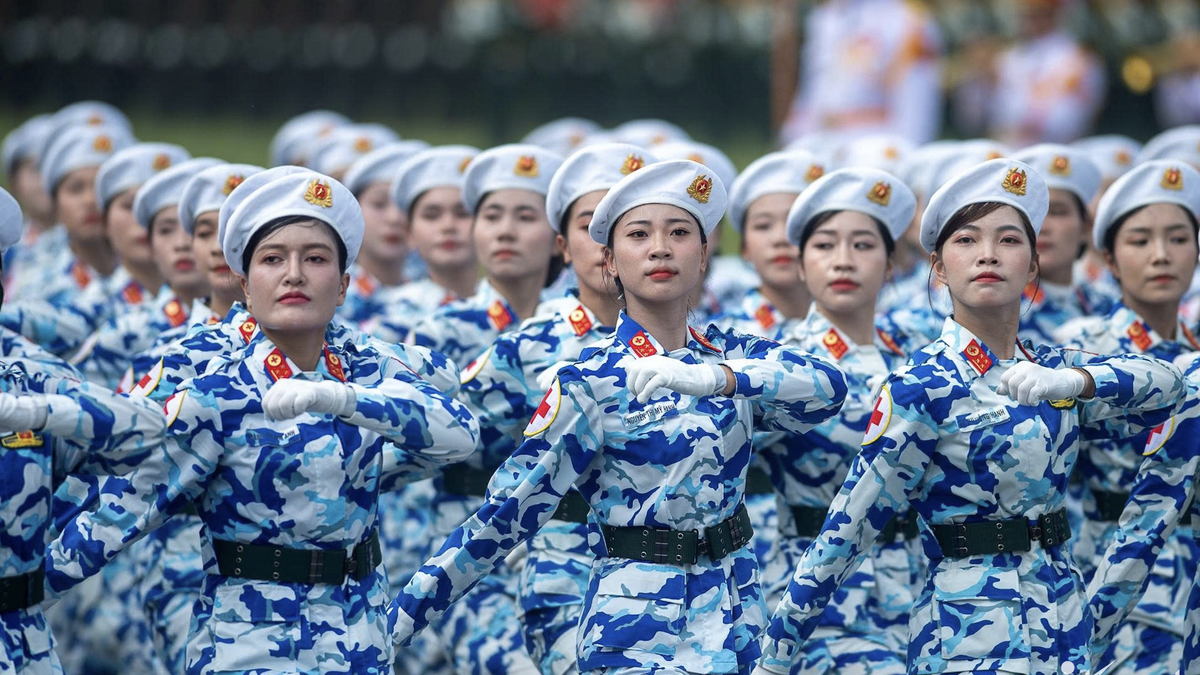
![[Photo] Multi-colored cultural space at the Exhibition "80 years of the journey of Independence - Freedom - Happiness"](https://vphoto.vietnam.vn/thumb/1200x675/vietnam/resource/IMAGE/2025/8/26/fe69de34803e4ac1bf88ce49813d95d8)


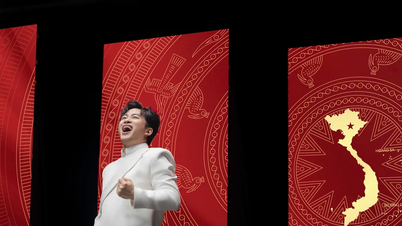

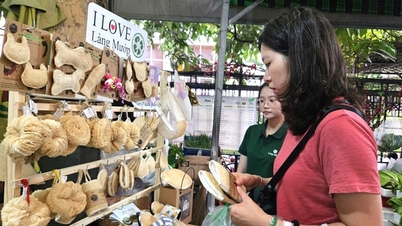

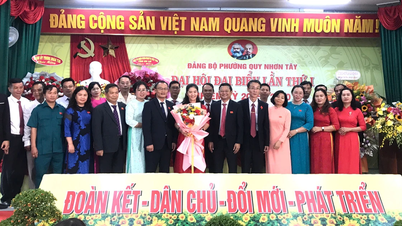



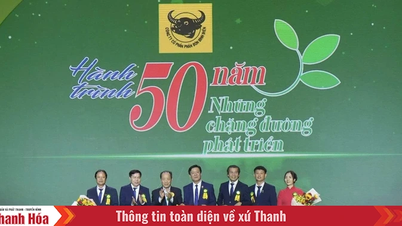
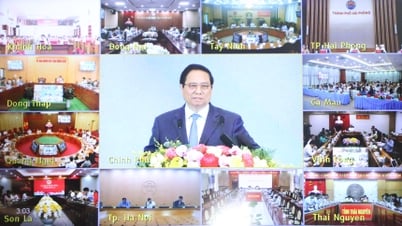



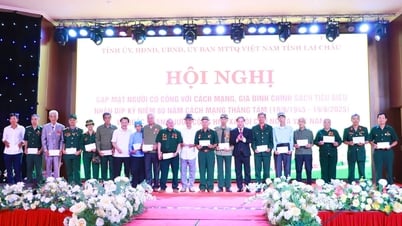


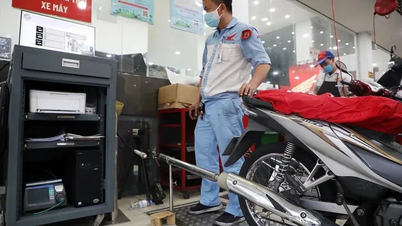







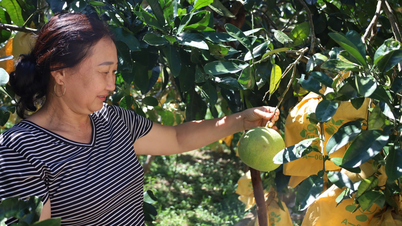
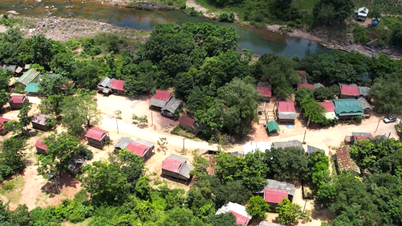
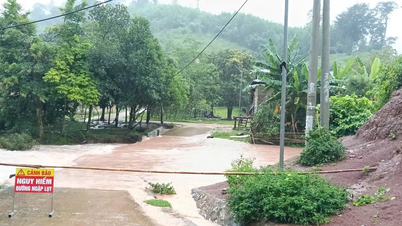

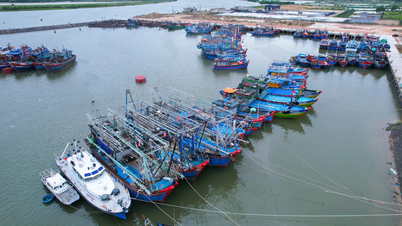

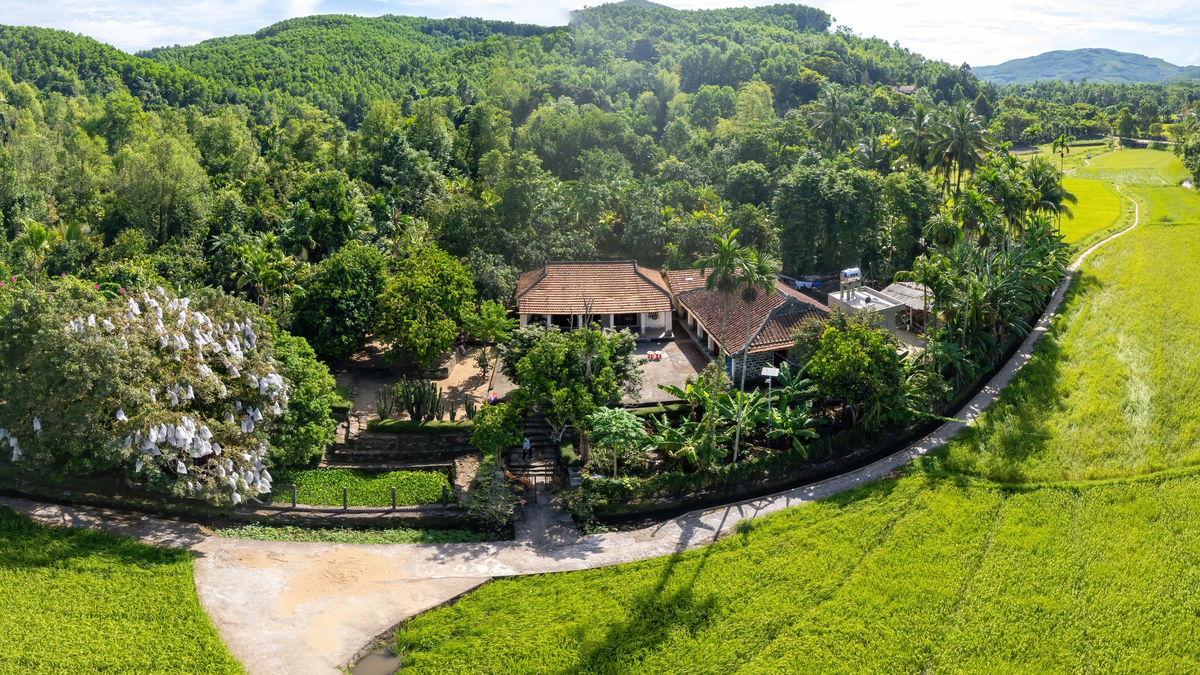

















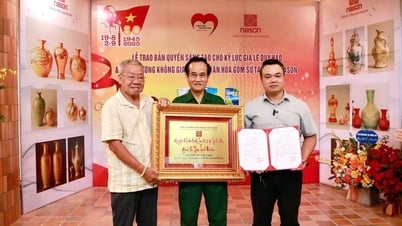

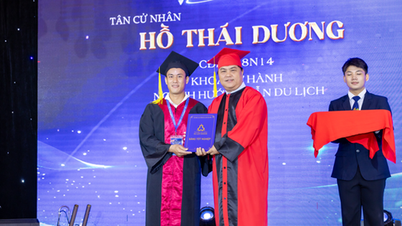







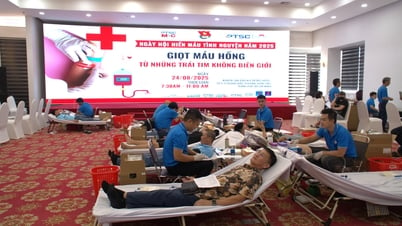



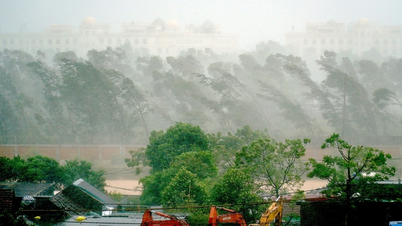





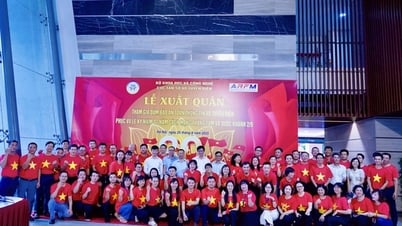



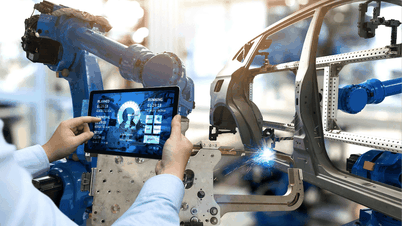

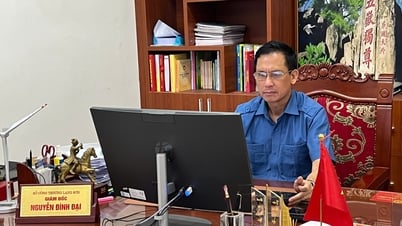
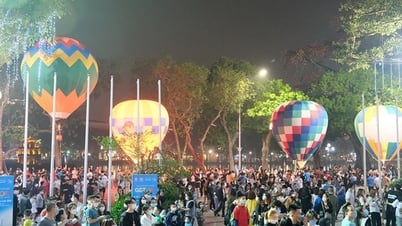
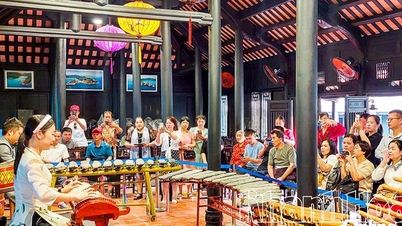




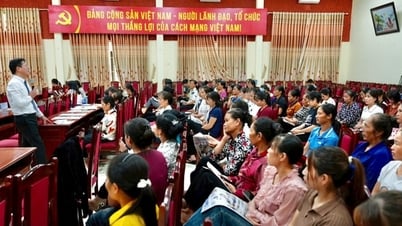



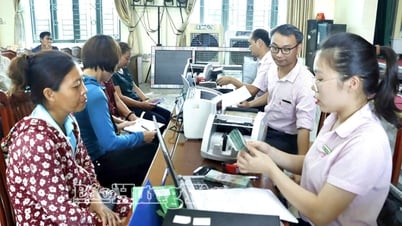






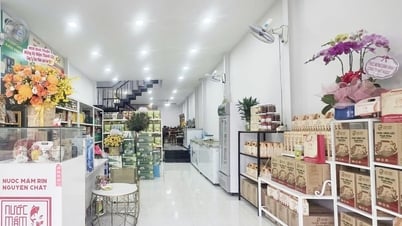

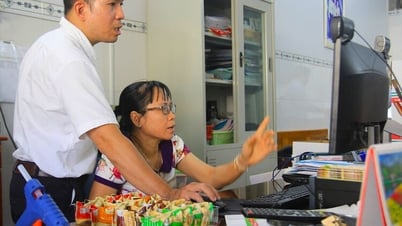
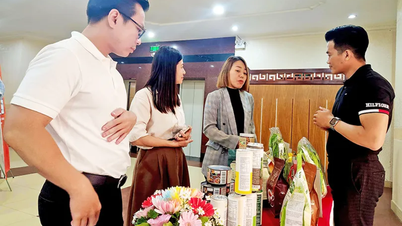




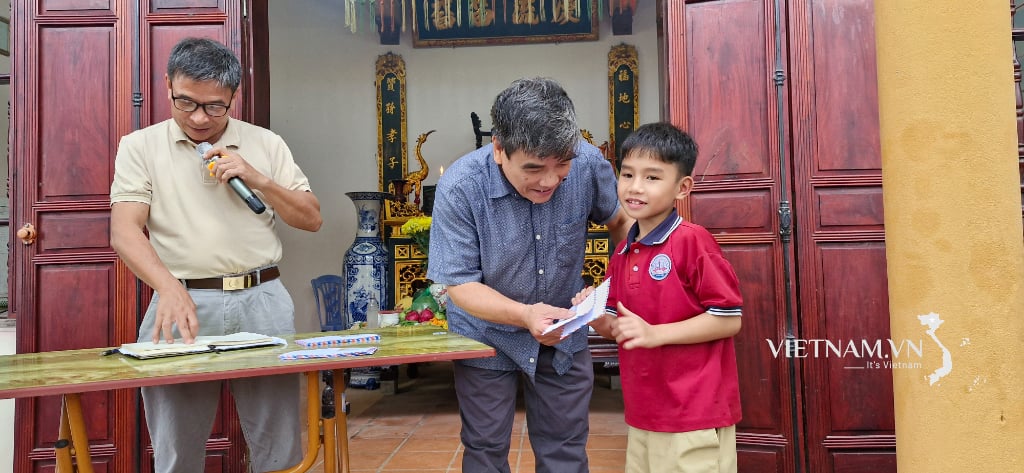

Comment (0)